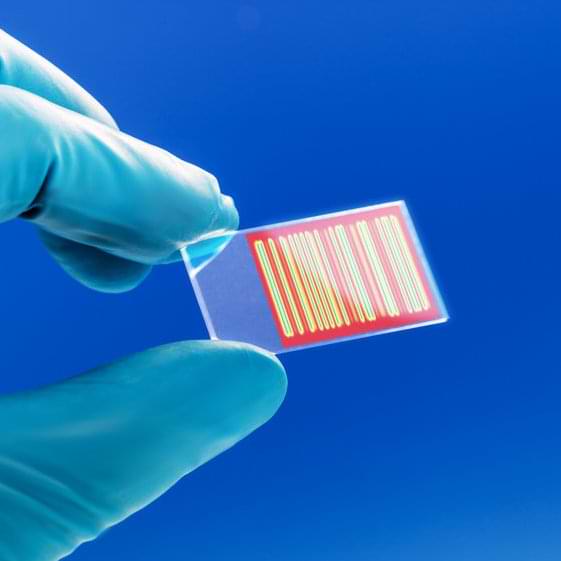Why HERA Biotech?
ARevolutionaryDiagnostic Test for Endometriosis
Hera Biotech Is Developing And Commercializing The World’s 1st Non-Surgical, Tissue-Based Test For Definitive Diagnosis And Staging Of Endometriosis.

An often-painful, benign condition that is the number one cause of female infertility, endometriosis (endo) is estimated to affect 10-20% of women, aged 15-44 worldwide; 7-13 million in the U.S. and ~200M worldwide.
The market for endometriosis is estimated at $9B, making it both substantial and sustainable. Hera’s target market includes reproductive endocrinologists, fertility clinics, and OB/GYNs, who are most likely to see patients experiencing symptoms of endo. In discussions with target market physicians and reimbursement advisors, our test has been met with enormous enthusiasm, as there is a dearth of innovation in this disease.
Technology Overview
Endometriosis is a benign gynecologic disorder, causing painful abdominal inflammation that affects ~10-20% of women worldwide, and contributes to a large fraction of female infertility (35-50% of endometriosis patients experience infertility issues).
At an estimated annual cost of $12,118 (USD) per patient, in terms of direct medical costs, this represents a financial burden of ~$80 billion per year for the US alone. The only definitive diagnostic for the condition, recognized by the FDA, is laparascopic surgery which, in 50% of cases, fails to confirm endometriosis through histology. Because this method for diagnosis requires general anesthesia, a surgical procedure, causes considerable tissue mortality, and only results in confirmation of disease ~50% of the time, physicians and patients alike are understandably hesitant to pursue it. Further, this surgery costs an average of $17,656 in the US and patients in minority or economically disadvantaged populations suffer from restricted access to diagnosis. Thus, there is a pressing need for understanding disease etiology to aid in developing non-surgical diagnostics and therapies. Surprisingly, there has been a dearth of studies to identify an underlying genetic fingerprint for endometriosis.
MetriDx™ utilizes single-cell microfluidic analysis of proprietary biomarkers in the endometrium for endometriosis diagnosis.
Endometriosis is an invasive disease, where tissue that normally grows inside the uterus invade outside the uterus, causing tumor-like growths on other organs. This invasive tissue leads to the build-up of inflammation, scar tissue and adhesions. One class of genes, encoding the structural components of gap junctions (GJs), has surprisingly not been included in most studies, despite extensive evidence that implicates these structures in BOTH of the major pathogenic features of endometriosis – formation of invasive ectopic lesions and infertility (seen in 35-50% of endometriosis patients).
In our genetic screens of endometriosis patients, we have identified striking changes in expression profiles that are uniquely associated with the progression of endometriosis. Furthermore, these changes were evident in the lining of the endometrium, that is easily accessible without surgery through brush biopsy, demonstrating that these changes occur in the very earliest stages of endometriosis.
At an estimated cost of ~20% that of the current surgical approach to diagnosis, along with significant decrease in risk to the patient, this diagnostic assay could have a very large impact on the clinical management of this condition worldwide.
Competition
Currently, the only definitive diagnosis for endometriosis is with a surgical (laparoscopic) biopsy procedure followed by histological confirmation with an average cost per procedure of $17,656 (USD).
The accuracy of surgical evaluation is highly site specific. Overall, surgery fails to visually detect lesions in ~16% of surgeries and ~50% of biopsies are negative. The average time to diagnosis for endometriosis in the US is over 8 years and, as a result, at least 7 million women (age 15-44) in the US are undiagnosed.
More recently, others in the space have been raising awareness of technologies focused on analysis of blood or saliva samples, which provides advantages in terms of sample collection. However, since this approach is indirect and relies on positive correlation of numerous systemic markers, it is unclear if these methods will yield a means of definitively diagnosing or staging the disease. In contrast, Hera’s approach relies on direct examination of endometrial tissue for distinct changes in a small set of proteins known to mediate cellular behaviors associated with endometriosis.
